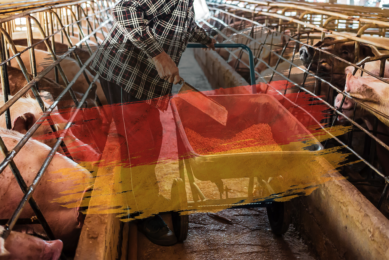GM proposal will lead to higher feed costs

COCERAL, FEDIOL and FEFAC, representing commodity collection and trade, oilseed crushing and compound feed manufacturing, have released their Economic Impact Assessment of the Commission’s Genetically Modified (GM) ‘opt-out’ proposal.
The study assesses the potential implications for the feed and livestock sector in four EU Member States potentially opting out from GM authorisation (i.e., France, Germany, Hungary and Poland). It has been conducted on the basis of literature review coupled with industry and expert opinion from the three European sector organisations.
Increased feed costs
Nutritional and farming reasons dictate that not all soy in feed can be replaced by alternative protein sources. The bulk of soy (currently, GM) in feed would therefore need to be substituted with non-GM soy with a premium, set between EUR 44/t and EUR 176/t (i.e., 15% to 50% of the value of the product).
The Economic Impact Assessment finds that substituting GM soy with non-GM soy would lead to an increase in feed costs of around 10% for the livestock sector, i.e. EUR 1.2 bln in the four potentially opting out countries or 2.8 bln for the EU livestock sector if all EU countries would opt out.
Loss of competitiveness
The increased feed costs would irremediably affect the competitive position of the livestock industry in these countries, both in their domestic markets and respective export destinations. The limited demand for non-GM fed animal products on the global market would prevent demand adaptation in case of supply reduction, which, coupled with the extra costs of non-GM supply chains, would inevitably lead to the closure of livestock holdings in opting-out countries. In the long-term, this loss of competitiveness would have negative repercussions on the supply chain from farm to manufacturing, putting jobs in EU rural areas at serious risk.











